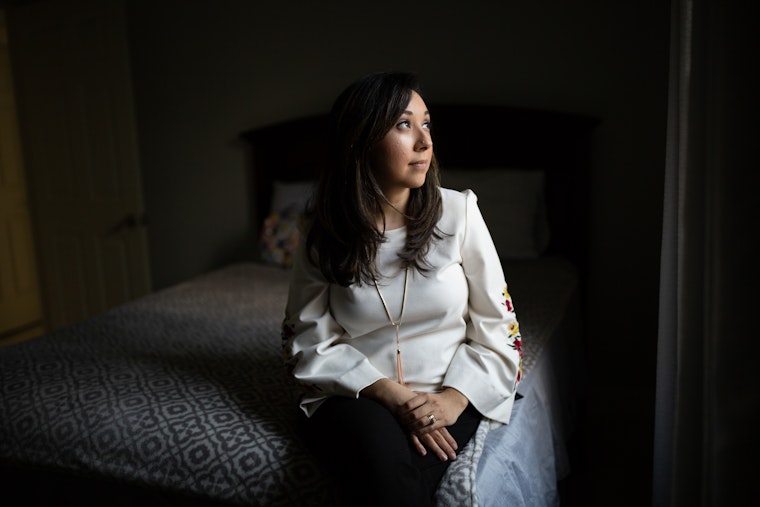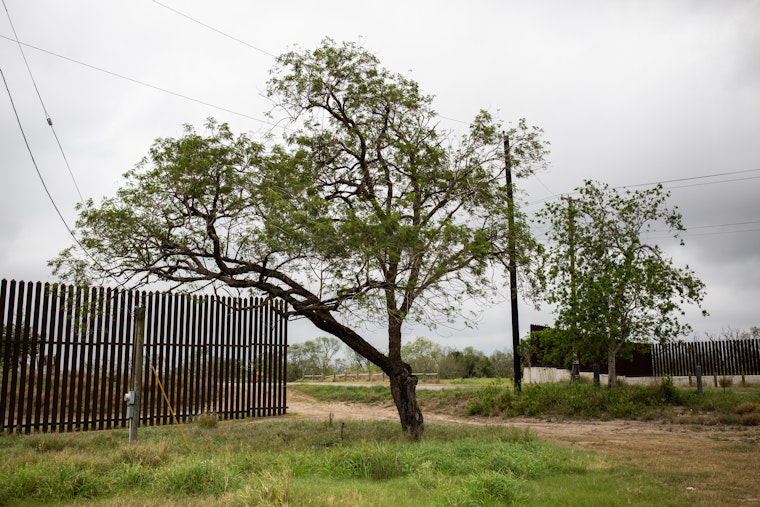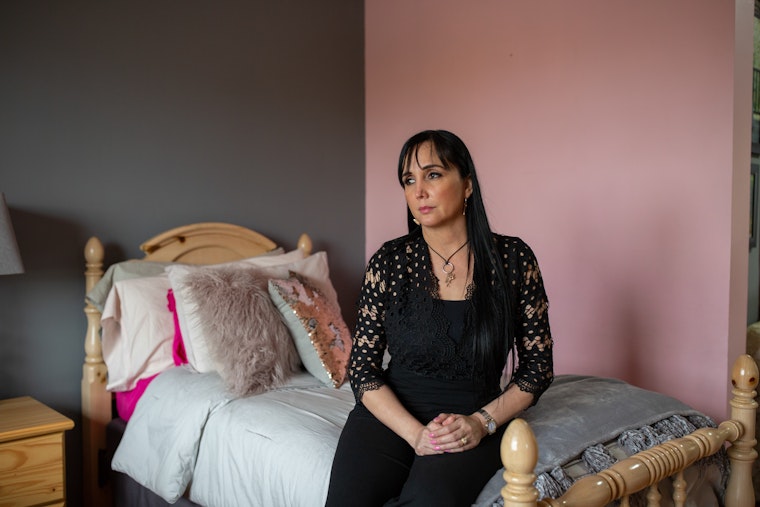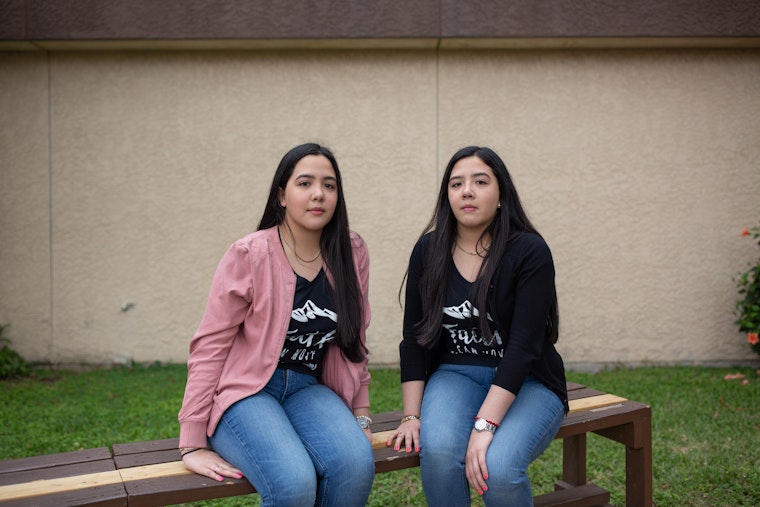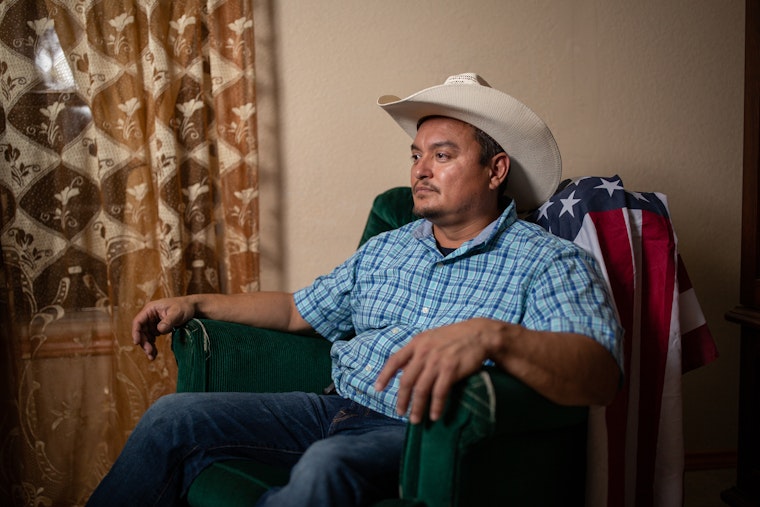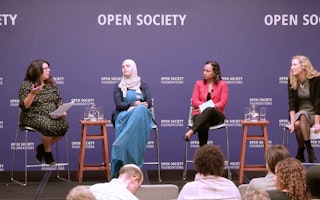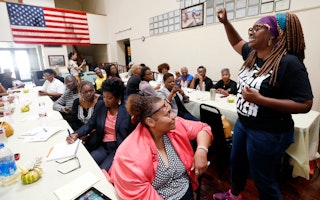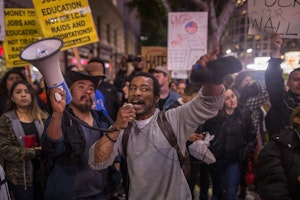How the U.S. Government Is Trying to Unmake Americans
Since 2017, the Trump administration has stripped naturalized Americans of their citizenship and revoked passports at unprecedented levels. Moreover, research shows these actions are most often based on the race or ethnicity of the citizens being targeted.
As the work done by Griselda San Martin, showcased below, makes clear, everyday U.S. citizens, many of whom have long lived trans-border lives, are increasingly at risk of their passports being revoked. Worse yet, the United States is losing its promise of equality for all citizens.



